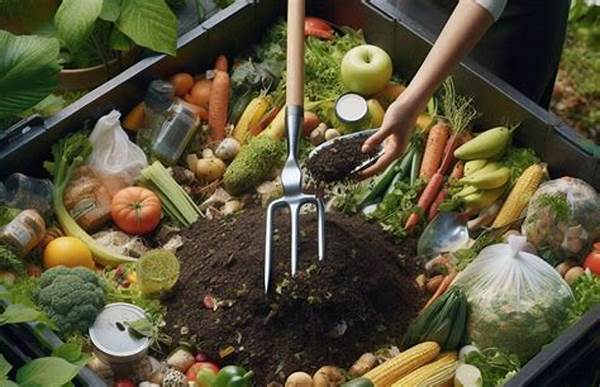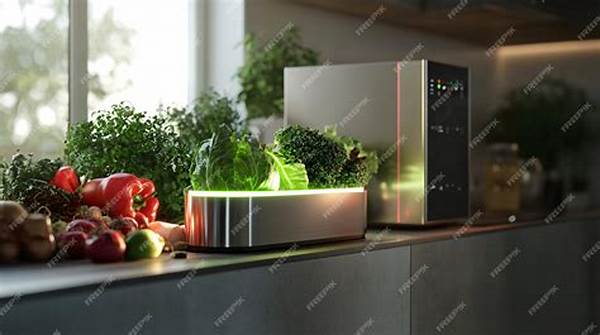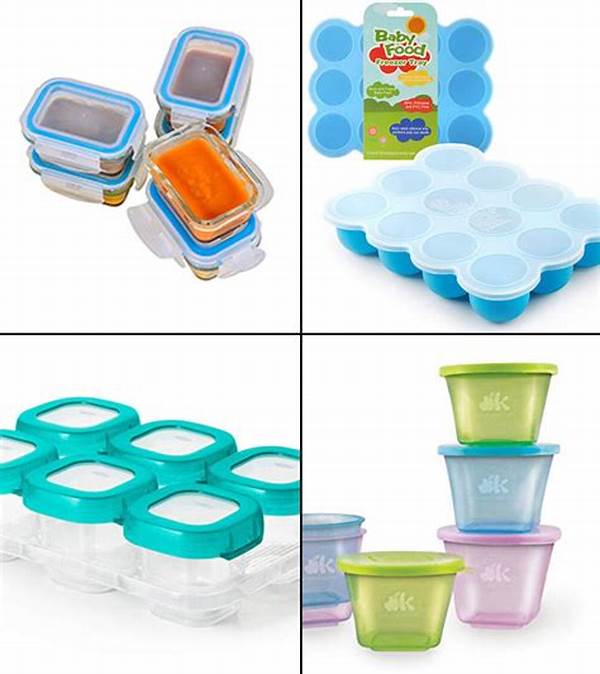Want to turn your kitchen scraps into something magical? Composting is the way to go! As our lands fill up with waste and our craving for sustainable living grows, creating your compost pile is not just an eco-friendly endeavor—it’s your ticket to a healthier planet and a thriving backyard. Jump into this guide to making compost from kitchen waste, where banana peels and coffee grounds aren’t just trash but treasures.
Read More : Plastic Food Containers Transparent Lids For Easy Visibility
Imagine having a natural recycling bin right in your backyard or even on your balcony. Turn those leftover veggies and overripe fruits into rich, organic compost that breathes life into your garden more powerfully than the most expensive fertilizers! Whether you’re a seasoned gardener or just looking for a way to give back to Mother Earth, this guide is your all-access pass to transforming everyday kitchen scraps into gardening gold.
Understanding the Basics of Composting
Composting is nature’s way of recycling. By making compost, you return nutrients back to the Earth, enabling a cycle of growth and decay that supports life. The concept is simple: gather organic waste, create the right conditions for decomposition, and let nature take its course.
The Building Blocks of Compost
1. Brown Materials: These include dry leaves, twigs, and paper, providing carbon to the pile.
2. Green Materials: Kitchen scraps like fruit peels and vegetable leftovers add nitrogen.
3. Water: Moisture is crucial to help break down the organic matter.
4. Air: Proper ventilation aids in the aerobic decomposition process.
Mixing these components in the right proportions creates an ideal environment for microbes to break down organic waste efficiently.
Creating Your Compost Pile
Step-by-Step Guide to Making Compost from Kitchen Waste
1. Select a Site: Choose a dry, shady spot for your compost bin or pile. Ensure that it’s accessible yet discreet enough not to interfere with your leisure garden views.
2. Add Your Ingredients: Start with a layer of coarse material such as sticks and twigs at the bottom for drainage. Alternate layers of green and brown materials, adding water to keep the pile moist but not soggy.
3. Turn the Pile: Aerate your compost pile by turning it regularly with a pitchfork or shovel. This helps speed up the decomposition process and prevents foul odors.
4. Patience and Observation: Composting is slow magic. Over a few weeks to months, you’ll see your kitchen waste transform into dark, crumbly soil—a sign that it’s ready to enrich your garden.
Read More : Odor-proof Liners For Mobile Trash Containers
Tips and Tricks for Efficient Composting
Why Composting is Beneficial
Environmental Impact of Composting
Beyond creating free fertilizer for your plants, composting substantially reduces landfill waste and greenhouse gas emissions. According to research, composting diverts a significant amount of organic waste from landfills, where decomposition would otherwise contribute to harmful methane emissions.
Enhancing Your Garden’s Health
Nutrient-rich compost improves soil structure, aids water retention, and promotes the growth of beneficial bacteria and fungi. These attributes result in stronger, healthier plants and bountiful harvests.
Common Mistakes and How to Avoid Them
Troubleshooting Your Compost
1. Bad Smell: Often due to a lack of air. Ensure your compost pile is well-aerated.
2. Too Wet or Dry: Adjust the composition of your materials and add water or dry items as needed.
3. Pests Problems: Avoid adding attractant materials and keep your pile well-covered.
Conclusion
In this journey through the guide to making compost from kitchen waste, you’ve learned not only how to repurpose kitchen scraps but also to contribute to a sustainable future. Whether you’re motivated by the environmental impact or the lushness of your garden’s greenery, composting is an invaluable skill that feeds both your plants and your soul. Here’s to turning your kitchen waste into sustainable success!
Get Started Today!
Don’t wait! Start transforming your kitchen waste into natural fertilizer today. With this exciting guide to making compost from kitchen waste, making a difference is as easy as collecting yesterday’s leftovers.
Final Thoughts
From the perspective of seasoned composters, testimonials confirm—there’s nothing like the satisfaction of successfully creating your compost. It’s your stand against wastefulness and a step towards a greener Earth. Plus, who doesn’t love a little garden workout? Get creative, have fun, and happy composting!










